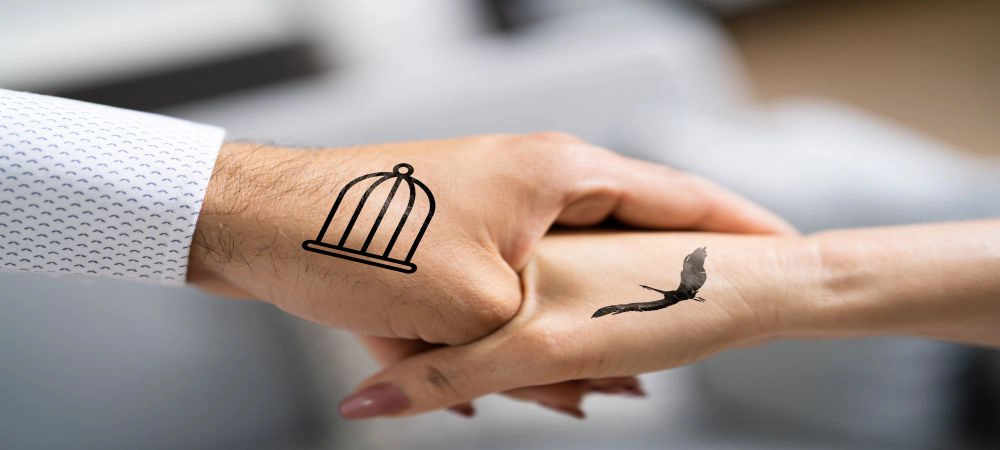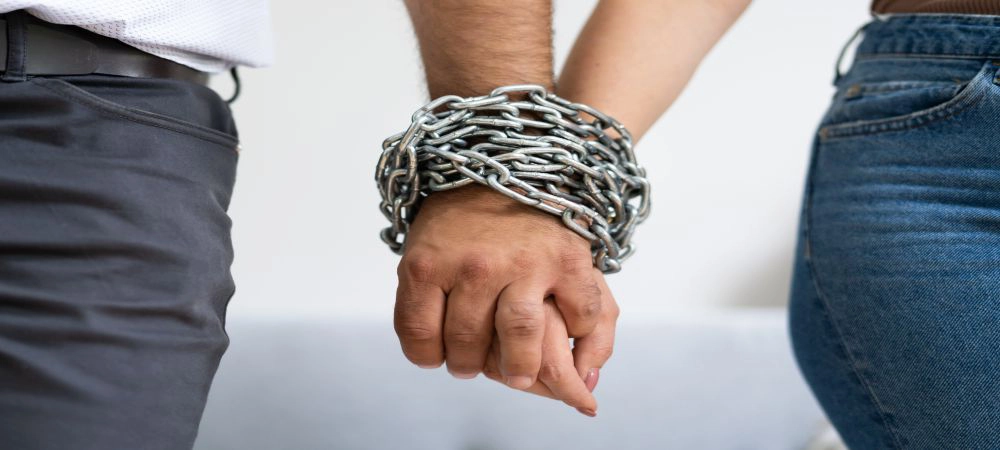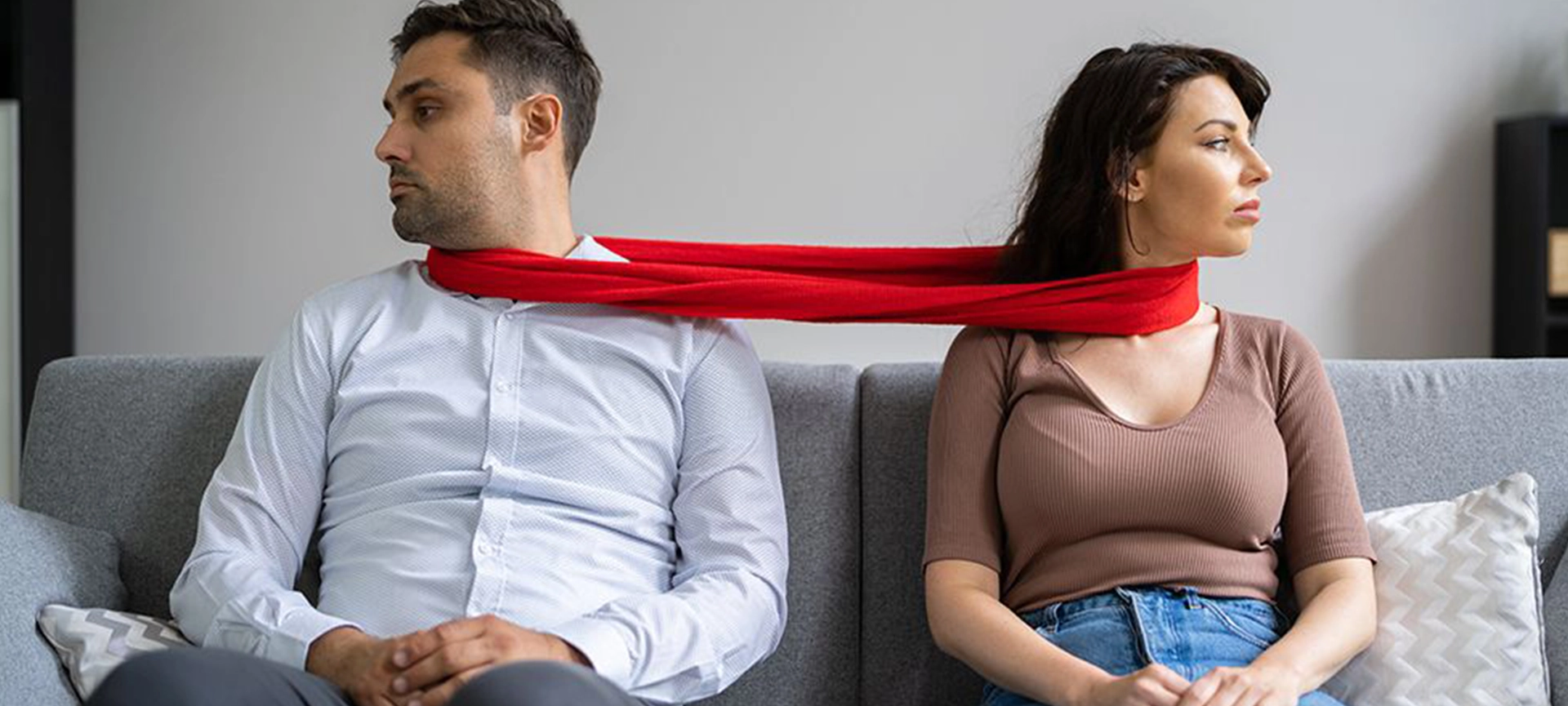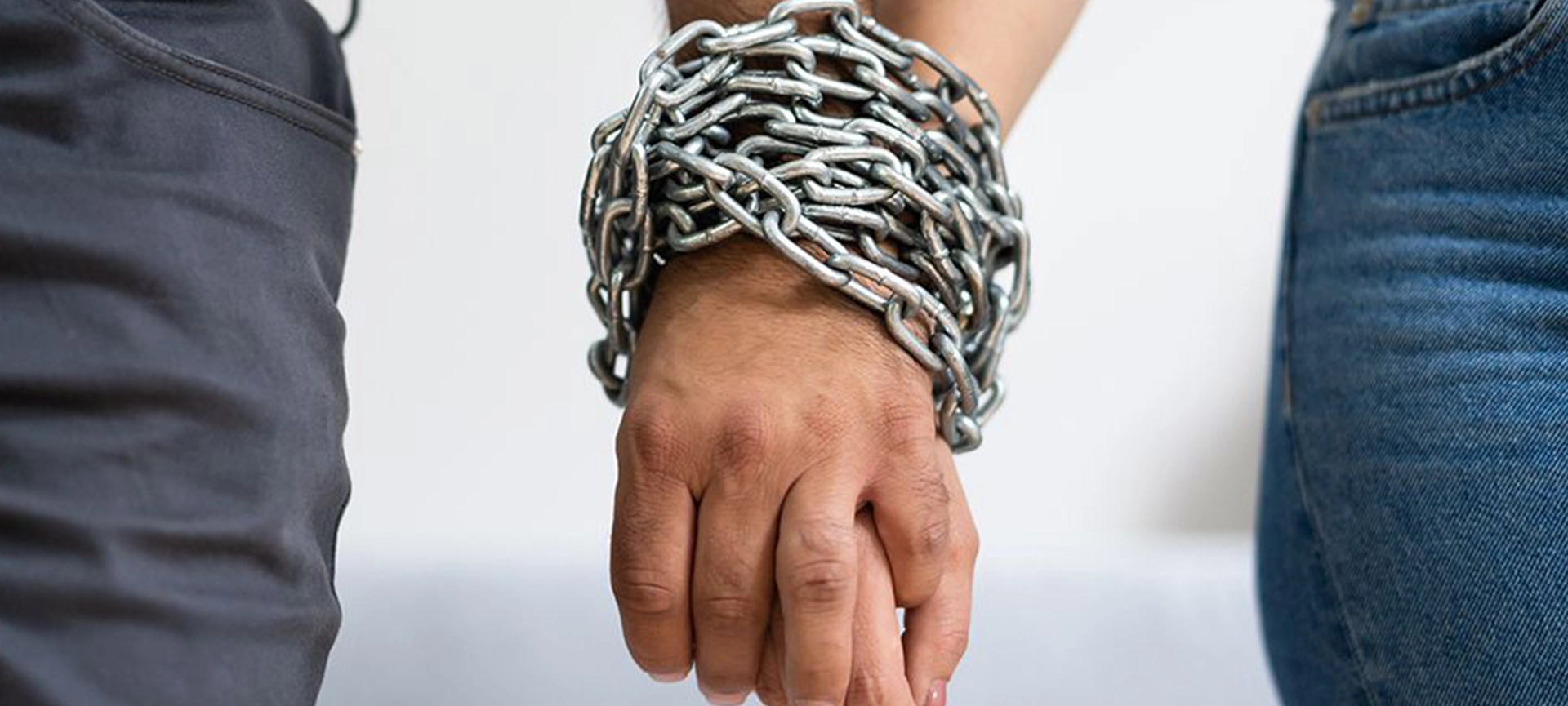Signs Of A Codependent Person
A factor that is common to many addiction stories is destructive relationships. This can take a variety of forms, ranging from poor communication and codependency to dangerous physical abuse. Sometimes these issues exist before the addiction, and may in fact contribute to it. In other cases, the addiction itself is the cause of the relationship breakdown.
Regardless of which happened first, the addiction or the troubled relationship, an important part of rehab is the resolution of those difficulties. This generally entails efforts to improve communication and conflict resolution skills among families and close friends, but sometimes relationships that are in crisis can only be resolved through separation.
It is difficult to move forward in any relationship – whether that means fixing the relationship or ending it – without understanding where the problems lie. In this article, we will take a look at codependency: what does it mean and how can you identify it?
What Is Codependency?
In any relationship – be it an intimate partner relationship, a parent-child relationship, or a friendship – there is a degree of dependence. Each person provides love and support to the other, and although the relationship is important to both, they are able to enjoy outside friendships and interests. This is a healthy relationship in which the people involved willingly do things for one another while also taking care of themselves.
In a codependent relationship, this sense of reliance is taken to unhealthy levels. The codependent person’s life starts to revolve around making the other person happy. They start to neglect other areas of their life: friendships external to the relationship may fall by the wayside, hobbies and interests are abandoned, and plans get cancelled. The codependent person’s self-worth and sense of purpose is derived from pleasing the other person.
What this means is that a codependent relationship can only persist if the codependent person is being enabled by the other person. The enabler does not resist the efforts of the codependent person, and in fact derives satisfaction from the idea that someone is, quite literally, living for them. In some cases, the enabler actively forces the codependent behaviour through abuse.
Both People In A Relationship Can Be Codependent
In simplistic terms, the parties in a codependent relationship are the codependent person and the enabler. But relationships are complex entities in which each person can hold more than one role. It is fairly common for each person to be codependent on the other – and enabling of the other. This can lead to an extremely toxic situation in which two people cope with their insecurities by trying to manipulate one another.
How Is Codependency Related To Addiction?
Seeing a loved one struggle with addiction is an intensely painful experience, and it can be difficult to know how to help that person. A codependent person does not want their friend or family member to have an addiction, but they also don’t want their friend or family member to suffer in any way, or to want for anything.
This can lead to behaviours that, without the codependent person’s intent, feed into the addiction and prevent the addicted person from seeking healthy ways to recover. Examples include:
- Giving money to the addicted person for groceries or bills
- Letting the addicted person stay with them instead of insisting that they go to rehab
- Turning a blind eye to bad behaviour
- Calling the addicted person’s employer with an excuse for absenteeism
In these circumstances, the addicted person is unlikely to seek help because there is no incentive.
Recognizing When Someone Is Codependent
The first step in breaking a codependent relationship is the recognition that a codependency exists. Here are some common signs that you may be a codependent person within the context of your friendship or relationship:
- Your life revolves around doing things for the other person. It is the only thing that brings you any kind of happiness or satisfaction.
- You put up with physical or mental abuse or manipulation from the other person.
- You are willing to sacrifice your other friendships and relationships so you can focus on giving your enabler all of your attention.
- You experience ongoing anxiety about the relationship, always worrying about whether the other person is happy.
- If the other person expresses that they are not pleased about something, your immediate thought is that it is your fault.
- You do not express any of your own wants or needs, nor do you seek to fulfil them.
- You dedicate all of your time to making your partner happy, even at the expense of work or other commitments.
How To Break Codependency In A Relationship
One of the difficult things about codependency is that it can be difficult to recognize. A codependent relationship can persist for a long time without either person realizing that a codependency exists. By the time the nature of the relationship is understood, patterns of behaviour within the relationship may be so entrenched that they seem almost impossible to break out of.
But there are some steps that can be taken by both the codependent person and the enabler that can lead to a healthier relationship. For example:
- Both people in the relationship should pursue their own interests outside of the relationship.
- Each person should form and maintain friendships outside of the relationship.
- The codependent person could benefit from taking small steps to express something they want, and then work towards getting it. At the same time, the enabler should encourage them in this pursuit.
- A codependent relationship cannot exist without an enabler: the enabler could start taking steps to discourage extreme sacrifices on the part of the codependent person.
- A tool that is extremely helpful to both people in a codependent relationship is individual or family therapy. With the help of a professional, you can explore your role in the relationship and learn ways to make it healthier.
Getting Help For An Addiction
Addiction and codependency often go hand in hand. At Addiction Rehab Toronto, we provide customized addiction treatment programs that include individual, group and family therapy. A goal of therapy is to ensure that the addicted person will be going into healthy relationships upon leaving rehab. This means taking a good look at relationship roles and learning how to make things better. In many cases, addiction therapy uncovers codependencies that the people in the relationships weren’t fully aware of. By learning better communication and conflict resolution skills, and how to set, maintain and respect boundaries, you can build stronger, healthier relationships with the people you love. Call us today to learn more or to book your place in an addiction treatment program.








